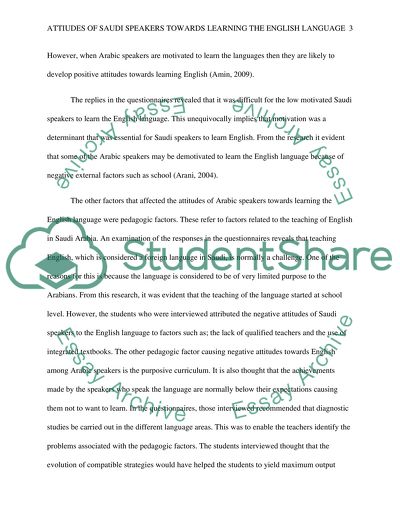Cite this document
(“Attitudes of Saudi speakers toward learning English language Term Paper”, n.d.)
Retrieved from https://studentshare.org/english/1474980-attitudes-of-saudi-speakers-toward-learning
Retrieved from https://studentshare.org/english/1474980-attitudes-of-saudi-speakers-toward-learning
(Attitudes of Saudi Speakers Toward Learning English Language Term Paper)
https://studentshare.org/english/1474980-attitudes-of-saudi-speakers-toward-learning.
https://studentshare.org/english/1474980-attitudes-of-saudi-speakers-toward-learning.
“Attitudes of Saudi Speakers Toward Learning English Language Term Paper”, n.d. https://studentshare.org/english/1474980-attitudes-of-saudi-speakers-toward-learning.


